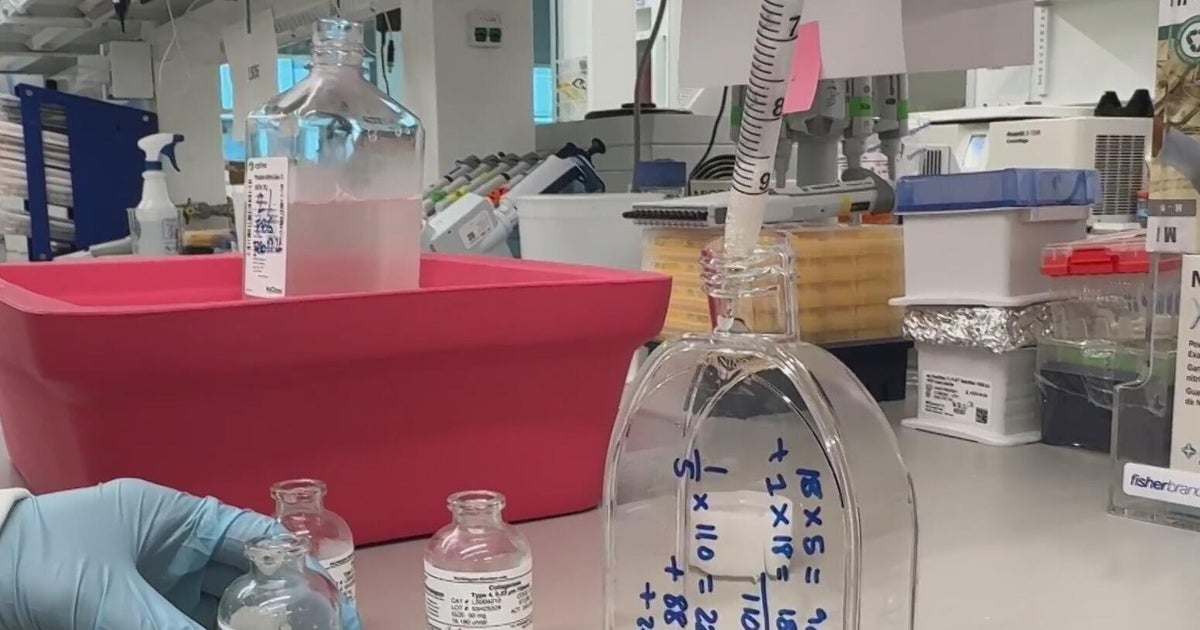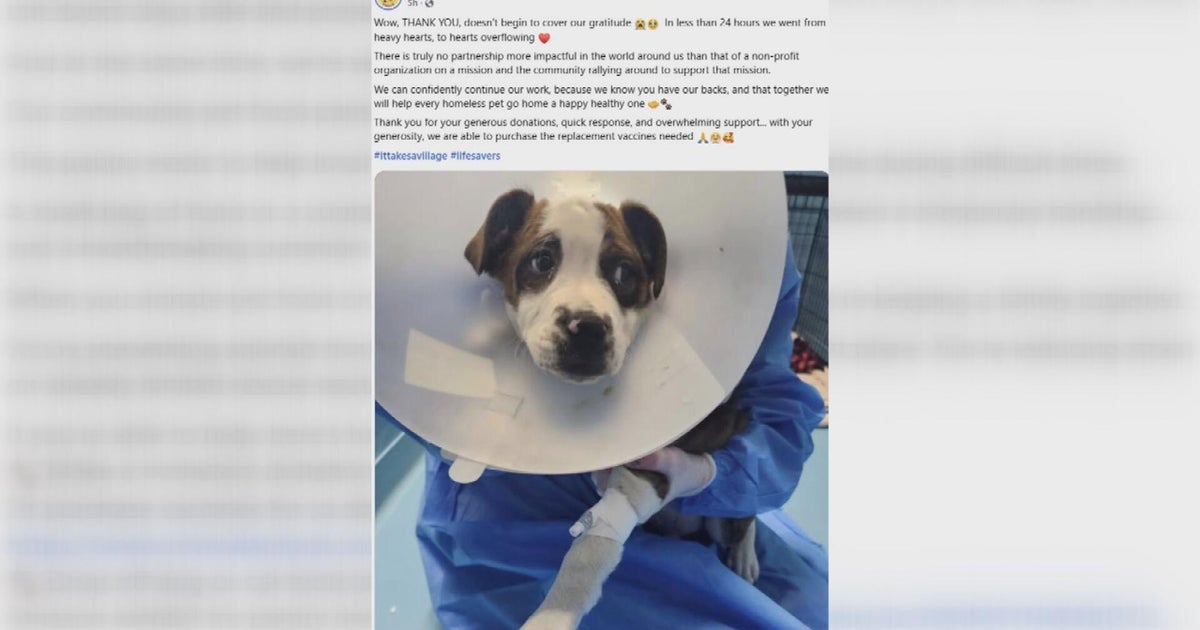Pfizer's FDA approval could open floodgates for corporate vaccine mandates
The Food and Drug Administration's clearance of Pfizer's COVID-19 vaccine, which had been rolled out to the public for emergency-use only, paves the way for more employers to require that their workers get jabbed.
Although a number of businesses, colleges and other organizations were already requiring workers to be inoculated, many corporations have been hesitant to implement a mandate for a drug not yet fully approved by regulators. Labor attorneys expect Monday's announcement by the FDA to open the floodgates for mandates across the board.
"The FDA's approval is a real game changer for the workplace," said Jason Habinsky, an employment attorney at Haynes Boone, a Dallas, Texas-based law firm. "Employers essentially have the blessing of the federal government that the vaccine is safe and effective and approved, and an employer is no longer making a unilateral judgment call on whether or not the vaccine is effective. So this really gets employers across the finish line in terms of being comfortable mandating it in the workplace."
Some large employers that had stopped short of requiring employees to get the vaccine on Monday announced new mandates. Goldman Sachs on Tuesday instituted a new requirement that all individuals who enter the bank's offices, including employees, be vaccinated. Employees have until September 7 to get vaccinated, a spokesperson told CBS MoneyWatch.
After the FDA's announcement, U.S. energy firm Chevron said that it is requiring "workers in certain jobs" to be vaccinated against COVID-19. "Chevron is committed to protecting the health of our people, and vaccinations are the strongest safeguard against the COVID-19 virus," a Chevron spokesperson told CBS MoneyWatch.
Expatriates and individuals who travel internationally, U.S. fleet members, Chevron's Gulf of Mexico offshore workforce and some onshore support personnel are among those who will have to get vaccinated, effective November 1, according to the company.
CVS Health, which has administered more than 30 million COVID-19 vaccines across the U.S., will also now require employees who interact with patients, including nurses, pharmacists and care managers, as well as corporate employees to be vaccinated by October 31. New hires must also be vaccinated before their first day with the company.
"From the start of the pandemic, our decision-making process has been driven by health, safety and science," said CVS Health President and CEO Karen S. Lynch in a statement. "While the vast majority of our employees have chosen to be vaccinated, this decision is in direct response to the dramatic rise in cases among the unvaccinated."
On the same day the FDA granted the Pfizer vaccine full approval, New York City Mayor Bill de Blasio also announced that public school teachers and staff must be vaccinated.
More corporations are expected to swiftly follow suit, according to experts. Employers that insisted they would make vaccination mandatory pending FDA authorization now have the green light to do so.
"I've had a lot of employers who were on the fence for various reasons, and I've already received phone calls from clients convinced this is the support they've needed," Habinsky said.
For example, United Airlines earlier this month said employees will be required to verify that they've been vaccinated within five weeks of the FDA fully approving a vaccine or by October 25, whichever came first.
Employers' hesitancy to implement vaccination requirements has faded over the time, particularly with the arrival of the highly contagious Delta variant. Now, it's expected to evaporate altogether, and employers that don't require the vaccine could become outliers.
"Now the walls have started to crumble," said attorney Barbara Binzak Blumenfeld of Buchanan Ingersoll Rooney, where she helps clients navigate matters involving FDA approval of medical products and practices. "I think they'll continue to crumble with respect to companies that have been hesitant to mandate."



